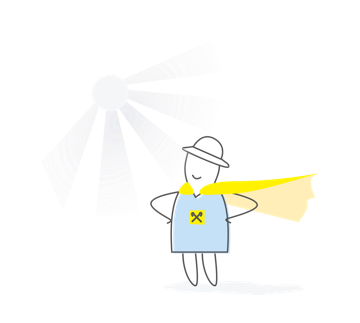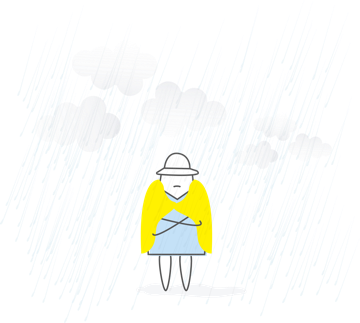Post-pandemic trends in agriculture
World isolation due to the Covid-19 epidemic has greatly changed industrial sectors, including agriculture. At the same time, complex challenges for the industry have given rise to many new solutions that will fundamentally change the approach to agribusiness. The repetition of such crisis situations, for which you need to be prepared, has not been canceled. Ukrainian companies have also begun to optimize their work.
The crisis will become a point of development
When quarantine began to be introduced in all countries, the business was simply not ready for this. Even the most global players in the agricultural sector were forced to send employees to isolation at their own expense and suffer financial losses. Having entire anti-crisis units, their plans for the case of force majeure took into account the maximum withdrawal of several suppliers and partners from the market. But it’s by no means a whole chain of partners both on the demand side and on the supply side. In such conditions, a business built on human interaction and active field work needed to adapt to isolation. The search for new solutions, largely thanks to the latest technologies, will not only optimize production, but also save on cost. Some of these technologies are already successfully working in the fields.
Automation Will Be Global
The first problem entrepreneurs faced was hired labor. Handymen and seasonal field workers were forced to sit in isolation, sometimes in whole villages. This factor can significantly slow down production, because many processes are now tied specifically to human labor.
The solution for the future is to minimize the dependence of production on labor. The use of new developments will help optimize labor costs and eliminate errors. Of course, automation requires significant investment, and some processes (picking fruits, berries and vegetables) are more difficult to automate than others. But technologies such as drones, autonomous tractors, powertrains and robotic harvesters will help reduce dependence. In addition, investments will quickly pay off by saving on salaries and increasing productivity.
Before introducing any technology, whether it be software or the purchase of autonomous equipment, it is necessary to conduct an audit of current activities. Evaluation of weaknesses will help to understand whether certain IT solutions can be applied to a certain type of business. This will not only help to better prepare enterprises for future crises, but also increase overall efficiency in more stable times. In Ukraine, audit and implementation of turnkey smart technologies is carried out by companies such as Smart Farming, Farmers Edge and Innovation Agro Technologies. Demand for the services of such audit companies will grow.
Even farmers will go online
It is not enough to produce products; the main challenge for farmers is to change the logic of their delivery and marketing. Before the pandemic, most small producers sold food products in wholesale and local markets, to retail chains and processors, and food establishments. The quarantine caused a massive rejection of the planned supplies. There is an alternative - in new distribution channels. For example, in Europe, farmers, united in cooperatives, also began to sell products in online stores. The transition to e-commerce has allowed to reduce the cost of working with retail and establish supplies even during the quarantine period. A similar example during isolation in Ukraine was shown by associations of small farmers called the Vitamin Box. This is a service for delivering seasonal vegetables home. Small farms combine their products in “baskets” of different volumes and costs. All orders are accepted online, delivery is carried out by couriers in Kiev and the region in the region of 20 km. The organizers plan to distribute the service throughout the country.
Another interesting case is the first online market in Ukraine in the village of Gogolev, Kiev region. This project was implemented by a Ukrainian programmer. Sellers give lists of products they have in advance. From Monday to Friday, the online market administration collects customer orders. Then they tell sellers what products are needed and in what quantity. On Saturday, they begin to be taken to the "base". The project team checks, weighs and packs them. Products are stored in refrigerators, as well as special cold rooms. On Sunday, they are delivered to customers. The order is paid only upon receipt.
"Emergencies" will become planned
In the “viral” perspective, disruptions in the supply chain and access to workers will be inevitable. Therefore, manufacturers, farmers, commodity traders should audit processes and risks, develop a strategy for working in several “emergency” situations, evaluate alternative markets and create a “list of spare” partners for all risky processes. Particular attention is the diversification of sales. The risky HoReCa should be no more than 25-30%. A separate area of work is the creation of a reserve personnel base from different locations (settlements). One of the relevant trends is the expected consolidation of small market players with the aim of sharing technical, IT, human resources. Therefore, cooperatives are an urgent idea.















